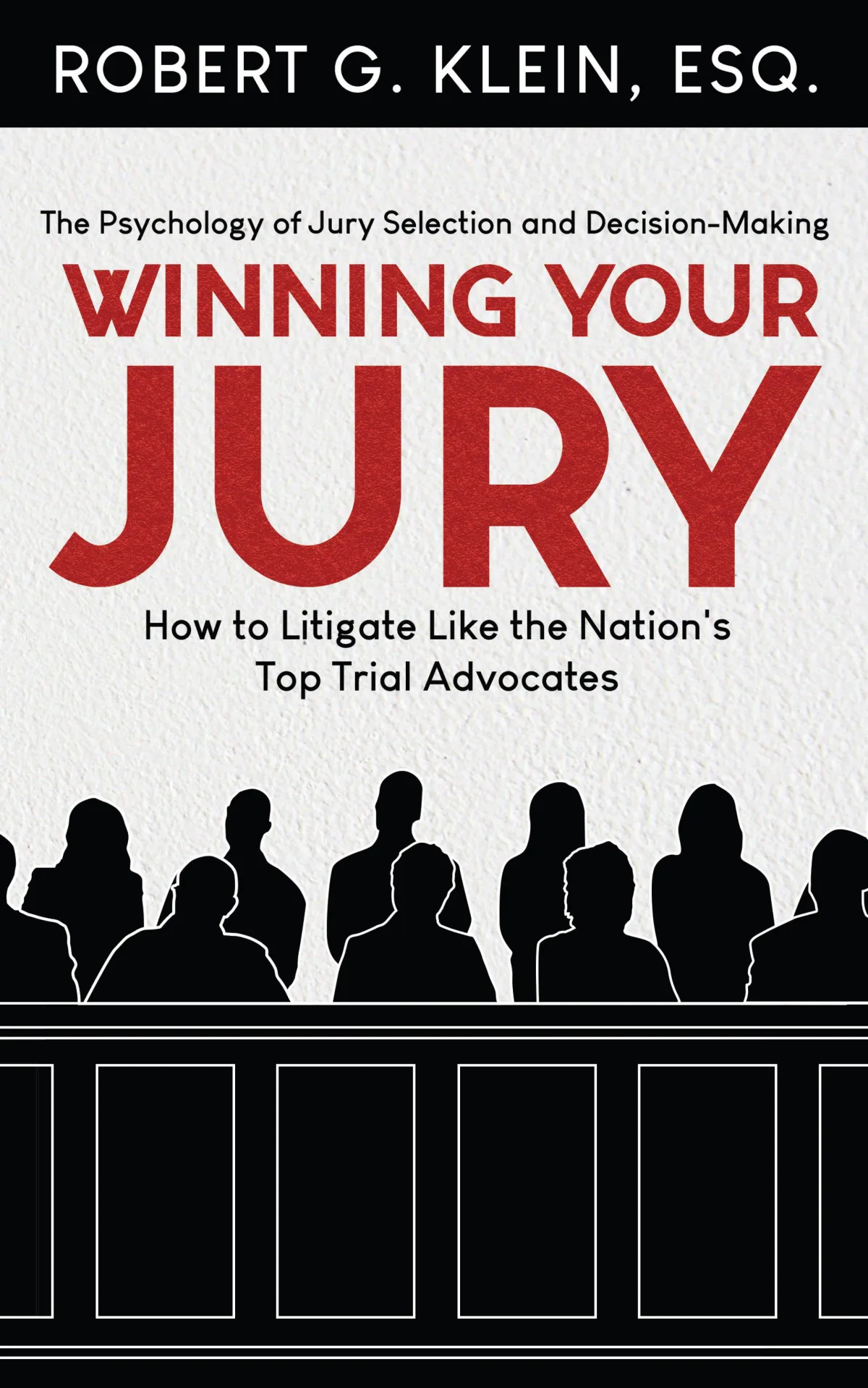Winning Your Jury
How to Litigate Like the Nation’s Top Trial Advocates
Master Class
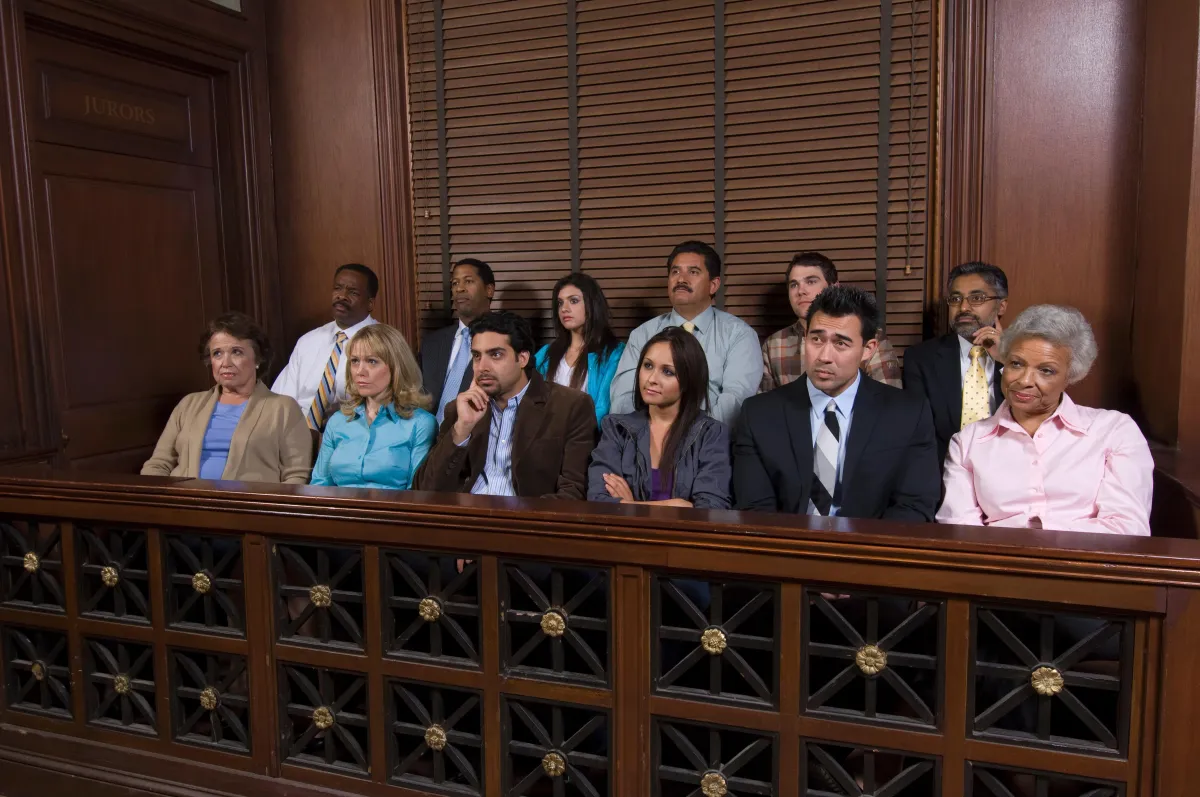
A Clear Path to Understanding the Psychology of How Juries Decide Cases
Whether you’re a trial attorney with jury experience, just starting a career of being a litigation attorney, or even a law student who wants to acquire the skills of an experienced trial attorney, with my Master Class you will:
· Learn the psychology of how juries decide cases so you can spot the ideal juror for your case.
· Identify the ideal personality traits for the kind of case you are trying.
· Prepare the appropriate voir dire questions to identify your ideal juror.
· Learn all aspects of litigating jury trials.

There is a clear path to getting there but do you know what that path looks like?
If you’re like most attorneys who have not been the lead trial attorney on at least 25 jury trials I know, the answer is no.
You might have a general sense of what it takes, but the world of litigation is highly competitive and rapidly changing with sophisticated litigants using trial and jury consultants to gain an advantage.
This has left many attorneys stuck in a permanent state of despair by trying to use the current state of the art in jury selection to compete at the highest level.
So how can you reach your goals without tearing your hair out or spending 16 hours a day grinding things out with no end in sight?
Step 1 is realizing that you need a precise system on how to select your ideal juror.
Step 2 you need to know how to condition your jury by drafting a detailed theory of the case, a compelling case theme, and a riveting tagline.
Step 3 you need to learn the secrets of conducting direct examination and compelling cross-examination.
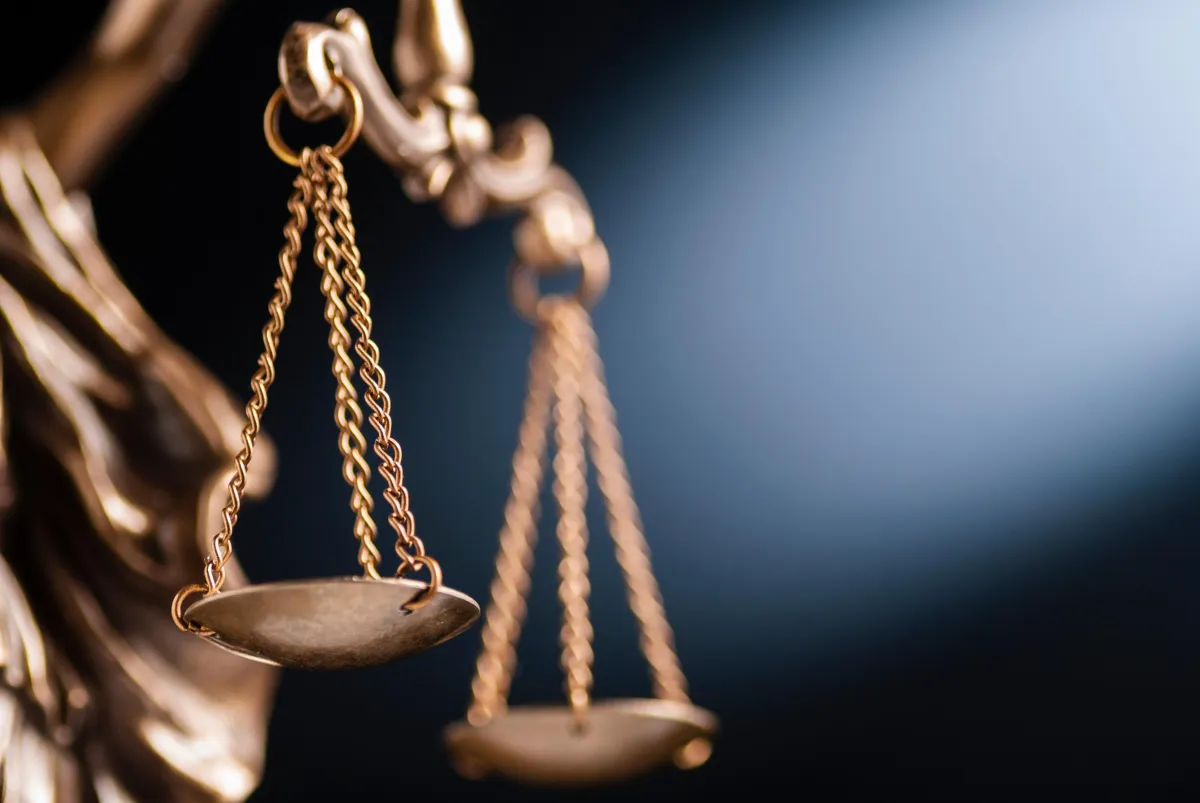
Being a Litigation trial attorney is Simply a Set of Systems.
Interconnected system. Complex systems. But systems nonetheless. Yes, some aspects of being a litigation trial attorney are more complex than others. They have more systems. More leverage points. More places things can go wrong.
But they’re still just a set of systems…
This leads us to Step 2 which is accepting that…
All Systems Can Be Changed, Improved, and Perfected
Pretty straightforward, right?
The tricky part is that you have to focus on the right problems, in the right order, with the right amount of leverage.
Otherwise, you’ll end up doing what so many other inexperienced trial attorneys do: fixing one problem inside one system while two other problems pop up elsewhere. In my 35 years of experience, I’ve narrowed it down to three basic critical SYSTEMS that lead to selecting the ideal juror for any type of case, drafting a compelling theory of the case, case theme, and riveting tagline, and learning strategies when conducting any aspect of a jury trial.
But there’s one system you always have to start with.
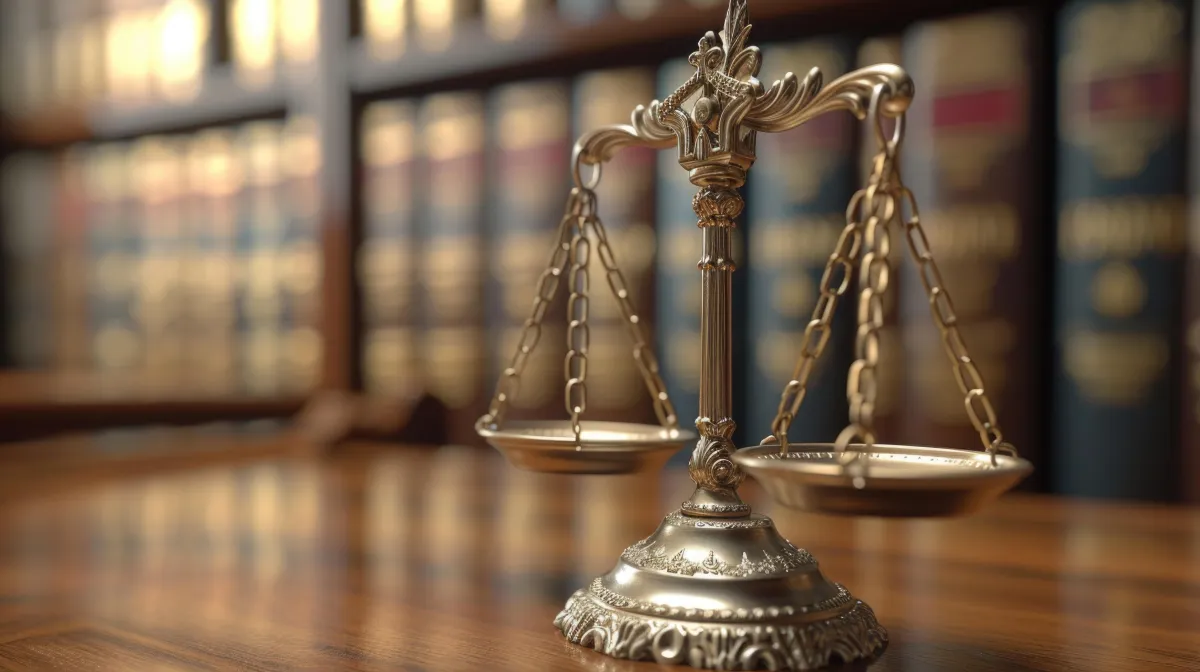
Yourself
As a trial attorney who wants to perfect his or her skills in trying jury cases, everything you do affects your performance in trial, whether you like it or not.
If you’re not 100% mentally and physically, then your decision-making, communication, and stress management will be nowhere near optimal…And your performance in the trial will eventually follow suit.
That’s why it’s so critical to address each system in your goal to become a more effective trial attorney in the right order. It’s the only way to REACH your GOAL of becoming a more effective trial attorney and improving your skills without having to put out fires day in and day out.
Not Just a Step by Step Process,
But a Framework

I don’t just go into the step-by-step process of teaching how to litigate like a top trial attorney inside the course.
Yes, there are a lot of common challenges and problems you’ll face that I go over inside the course.
And yes, there are detailed explanations, guides, and instructions inside the course on which systems to focus on first and how to address the most common and important challenges.
But that won’t always be enough.
Becoming a top trial attorney is filled with ambiguous, one-of-a-kind situations, where you have to make a quick decision…which is exactly where frameworks come in.
Each module has stories, examples, and questions for you to think about when facing your challenges.
This way you’ll not only have everything you need to solve your current problems but also the confidence to systematically tackle anything else you’ll face.
Here’s What’s Inside The Master Class:
Deciding to Take the Case
This class teaches what an attorney needs to know before he decides to take a case. It explores the 7-38-55 Rule on communication, describes non-verbal communication, and explains the psychology of how to tell when somebody is lying including the science of microexpression.
Developing the Theory of the Case
This class teaches how to develop your case theory from the first meeting with your client. It also explains the “triggering event”, and how to gather evidence and review jury instructions to develop your legal theories. The theory of the case is the foundation for creating your opening statement and forms the foundation for discovery.
Developing the Case Theme
You will learn how to develop and create a case theme. The case theme works with the theory of the case and the tagline. You will learn how to use these three concepts to condition your jury at every stage of the trial from voir dire through the jury deliberations. You will see samples of opening statements where the case theme is intertwined with the facts and law from the theory of the case.
Creating a Tagline
You will learn how to create a riveting tagline for the case. A tagline is a short phrase or slogan that encapsulates the essence of the case. An example of a tagline can be found in the O.J. Simpson murder trial where his attorney came up with the tagline “If it doesn’t fit you must acquit”. You will learn how to infuse the tagline in voir dire, opening statement, direct and cross-examination, and closing argument. Your goal is to have the juries repeat your tagline during their deliberations.
Drafting the Pleadings
You will learn how to draft a compelling complaint and how to use jury instructions early in the litigation to help identify all the elements you need to plead and prove. You will be provided a list of all available affirmative defenses when drafting an answer to the complaint.
Jury Selection
You will learn the concept of “Lions” and “Lambs” in jury selection, how to identify the lions from the lambs, and how to determine when and how many lions you want on your jury.
Theories on How Juries Decide Cases
You will learn the psychology on how juries decide cases starting from the juror’s perspective, the Schema theory, and the difference between the juror’s perspective theory and the schema theory. You will get examples of the schema theory and how jurors filter all the evidence through their schema to decide the case.
The Role of Cognitive Dissonance
I will explain the role of cognitive dissonance and how it can affect the jury decision. You will also learn how to guard against the adverse effects of cognitive dissonance.
Personality Traits of Jurors
You will learn how social psychologists developed the theory of how the personality traits of jurors can affect the outcome of a jury decision. I will explore the personality traits of cognitive vs. affective personality traits and the cases where your ideal jury will have a cognitive or affective personality trait. You will learn a type of profession where you will find a cognitive or an affective personality trait, and a sample of voir dire questions to spot different personality traits. You will also learn about authoritarian vs. anti-authoritarian personality traits and why this personality trait is the most revealing to predict the outcome of the trial.
Ethos, Pathos, Logos
You will learn how to use the Greek concepts of ethos, pathos, and logos to condition and persuade the jurors.
Establishing Rapport with the Jury
You will learn how to establish rapport with the jury including using the concept of mirroring and pacing.
Legal Summary/Memorandum
You will receive an example of a legal memorandum that shows you how to create in one document the theory of the case, the triggering event, the case theme, different taglines, the ideal juror profile, the legal claims including the elements for each claim, and litigation strategy.
Motions in Limine
You will learn the power of motions in limine and the major motions in limine you will use in most cases.
Developing a Visual Overview
We will explore the power of using technology in jury trials including the various methods and how best to use technology.
Using Jury and Trial Consultants
We will explore the use of jury and trial consultants and their use in jury selection, focus groups, mock trials, witness preparation, trial graphics, and shadow juries.
Special Verdict Form
We will show you how to draft a special verdict form for both a plaintiff and a defendant and the power of a special verdict form in jury trials.
Opening Statements
At trial, there are studies that about 80% of jurors are persuaded by the opening statement. You will learn how to give a compelling opening statement to improve your chance of success.
Direct Examination
You will learn the secret of how to keep the jury enthralled at listening to your client on direct examination by techniques of combining short answers followed by longer answers to create a cadence and rhythm.
Cross-Examination
You will learn the three rules of cross-examination. You will also learn the techniques of looping and trilogies.
Impeachment by Prior Inconsistent Statement
You will learn the technique to impeach a witness by a prior inconsistent statement.
Closing Argument
You will learn how to make a strong closing argument by taking the jury through your special verdict form and repeating your tagline.
Testimonials
Matt Fogarty, MD
“With a human touch and genuine sincerity, Klein takes us on a profound exploration of building the Theory of the Case, the art of Jury Selection, and the creative brilliance of Conjecture. He meticulously orchestrates every trial detail, from Opening to Closing Statements, leaving an indelible impression of sincerity, transparency, and humility that leaves no stone unturned in the minds of the jury.”
Karl J. Schulze, CPA, CVA, CFE, CFF Schulze Haynes Loevenguth & Co. Los Angeles
"Winning Your Jury, by Robert G. Klein, is the most comprehensive real-world overview of the litigation process, jury behavior, and attorney strategies that I’ve seen. It will be helpful and engrossing, not only to litigators and other attorneys but to their clients, experts like me, and anyone wanting to better understand the process and strategies.”
ABOUT YOUR INSTRUCTOR
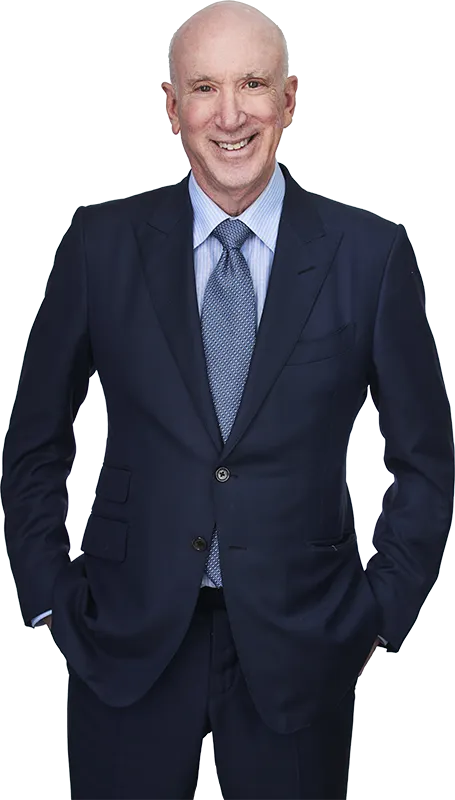
Robert G. Klein
Robert G. Klein is an experienced business litigation trial attorney in Los Angeles, California who handles a multitude of litigation cases throughout the state of California with an emphasis on intellectual property litigation.
He earned a Bachelor of Science Degree in psychology before attending business school at DePaul University where he studied business and accounting. He obtained a CPA certificate and obtained a Juris Doctorate in law.
Klein is also a member of the American Society of Trial Consultants. And he appeared for oral argument before the United States Supreme Court on a 14th Amendment due process case involving government contracting.
As a prestigious trial lawyer who understands the importance and nuances of jury selection, Klein has represented clients in the critical areas of intellectual property issues, copyright infringement business, and trademark issues.
Klein continues to tackle difficult cases and is determined to achieve the best results for his clients.
In his writing, Klein sheds light on complicated subjects found in modern law today. Known for going above and beyond for his clients, Klein’s love and respect for the law is clear. As a lifelong student of the law, he doesn’t rest on his laurels.
Choose the Right Option for You
Master Class
For $2,575 will get the course and a copy of his book Winning Your Jury-How to Litigate the Nation’s Top Trial Advocates.
$625
Master Class + Bonus Material
For $5,225 you get Option 1 PLUS a case summary of a case of your choice that includes:
A case-specific theory of your case
A case theme
A tagline
The profile of an ideal juror
$2,225
Master Class + Bonus Material + Consult
For $6,755 you will get option #2 PLUS a 45-minute one-on-one counseling session with Robert G Klein.
$5,225
Learn the strategies used by the nation's top trial advocates and elevate your game in the courtroom. Unleash your potential and master the art of effective litigation with this invaluable resource. Available on Amazon.
